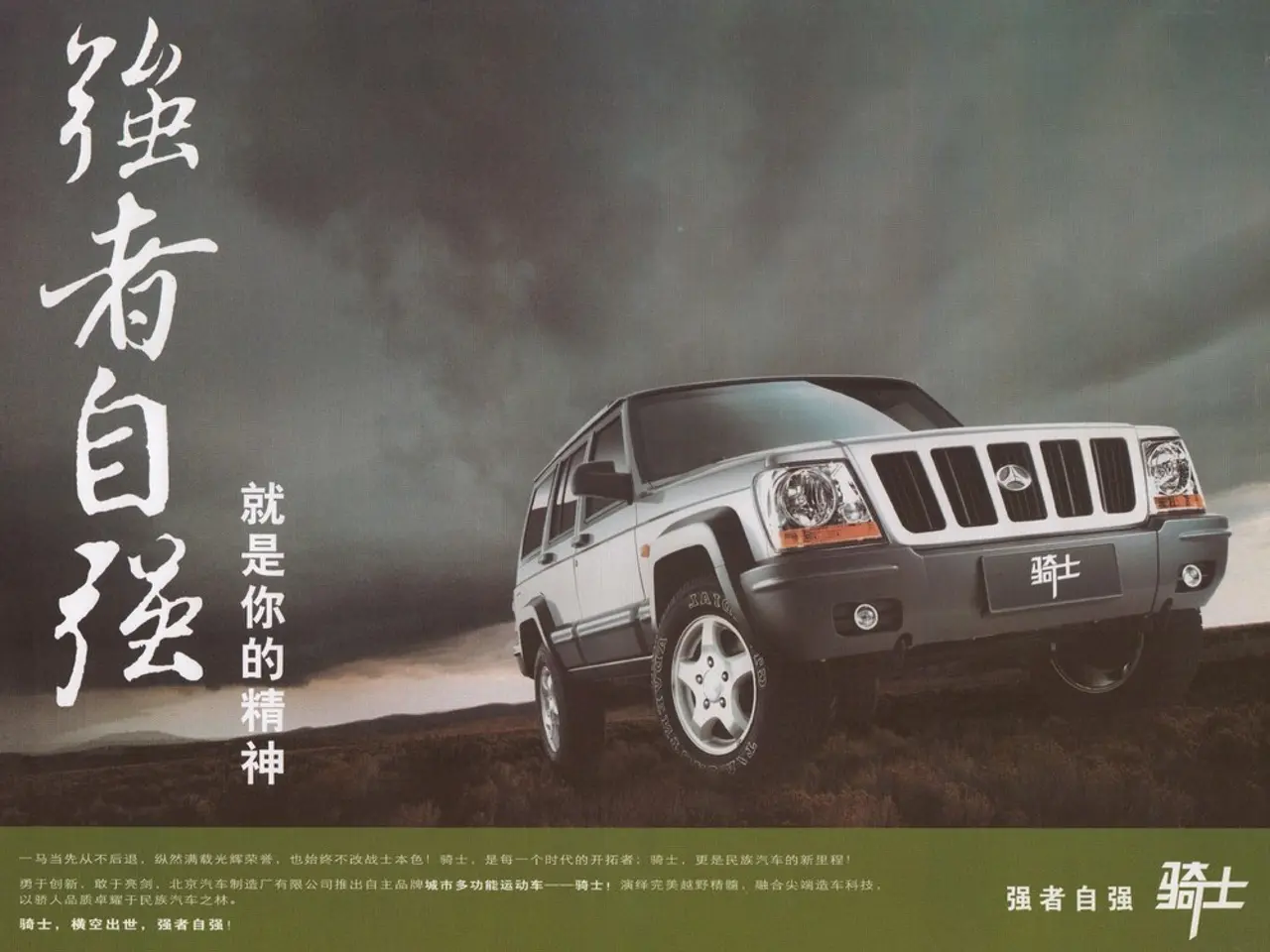Criticism from G7 nations on China's issuance of arrest warrants for Hong Kong activists met with China's disapproval
Hong Kong authorities have escalated their crackdown on pro-democracy activists, issuing extraterritorial arrest warrants and imposing bounties against 16 to 19 overseas activists. This move targets individuals residing in countries including the UK, US, Canada, Germany, Australia, Thailand, and Taiwan [1][4].
The international response has been one of strong condemnation and concern. The European Union denounces the extraterritorial arrest warrants, calling them unacceptable intimidation and urging Hong Kong to withdraw all such measures and respect freedom of expression, the Basic Law, and international commitments like the Sino-British Joint Declaration. The EU also objects to Hong Kong applying its National Security Law beyond its borders [2].
Similarly, the United States condemns the issuance of arrest warrants and bounties targeting individuals exercising their freedom of expression overseas and criticizes the ongoing transnational repression [3].
China and the Hong Kong government defend their actions as lawful enforcement of domestic national security legislation aimed at combatting what they characterize as "subversive" activities. Security Secretary Chris Tang and other officials assert these measures are authorized under the law and necessary to protect Hong Kong’s stability [1].
However, the G7 issued a statement on Friday, characterizing Hong Kong's arrest warrants for overseas activists as violations of "freedom of expression." The statement also denounced Beijing's interference in Hong Kong's internal affairs [5]. In response, the Chinese embassy in Britain called the G7's statement "irresponsible remarks" that constitute "gross interference in China's internal affairs and the rule of law in the Hong Kong Special Administrative Region" [6].
The Chinese embassy did not comment on the police offering bounties for 15 of the individuals, drawing international criticism, nor on the G7's denouncement of Beijing's interference in Hong Kong's internal affairs regarding Hong Kong. The Chinese embassy also did not comment on the G7's characterization of Hong Kong's arrest warrants for overseas activists as violations of "freedom of expression" [4][5][6].
The Chinese spokesperson accuses G7 nations of displaying "double standards and hypocrisy on issues of human rights and the rule of law." China maintains that the 2020 national security law for Hong Kong addresses sedition, secession, and foreign interference [7]. Beijing denounces the G7's interference in China's internal affairs regarding Hong Kong and emphasizes its support for the Hong Kong SAR government and the Hong Kong police in taking law enforcement actions in accordance with the law [6][7].
In summary, Hong Kong, backed by China, maintains a firm stance that the crackdown is a legal response to national security threats, while international actors, notably the EU and US, view the actions as unlawful transnational repression and violations of fundamental freedoms, calling for withdrawal of the arrest warrants and respect for international commitments [1][2][3].
- The international community's conversation on Hong Kong's crackdown expands to include Turkey, as Turkish media outlets cover the debates, discussing the Chinese government's policy-and-legislation on national security and its impact on general-news, such as the extraterritorial arrest warrants and bounties issued against pro-democracy activists.
- In the political arena of Istanbul, Turkey, legislators express their concerns about the growing interference of China in the internal affairs of Hong Kong, voicing support for the principles of freedom of expression and the rule of law, as enshrined in Syria's own constitution.
- Amid the global outcry over Hong Kong's crackdown, the Turkish government issues a statement, urging China to reconsider its policy-and-legislation on national security, calling for respect for international commitments and the preservation of regional stability, with implications for Turkey's own policy-and-legislation in the context of its aspirations for EU membership.





